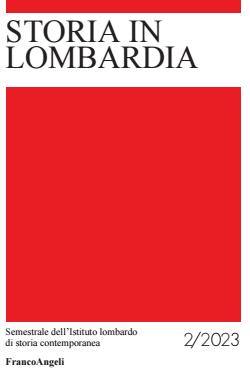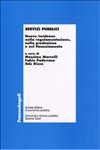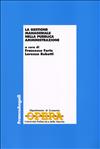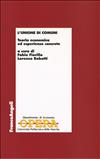
Nella provincia di Pavia erano, e sono, presenti numerosi comuni, molti dei quali di piccole e piccolissime dimensioni. L’industrializzazione del dopoguerra e la connessa immigrazione non sconvolsero il territorio; tuttavia, tra gli anni Sessanta e i primi anni Settanta si manifestava un forte fabbisogno di infrastrutture. Pur aumentando gli investimenti e gli organici, i comuni mantennero una condotta finanziaria prudente anche dopo la riforma tributaria del 1974 che abolì quasi totalmente i tributi locali. La maggioranza dei comuni era di sinistra, ma non sembra che i diversi colori politici abbiano caratterizzato significativamente i comportamenti delle giunte. Il presente saggio cerca di collocare la situazione locale nelle tendenze economiche generali di un periodo contraddistinto da inflazione e dalla formazione di un primo nucleo di debito pubblico nazionale, un lascito fastidioso ma inevitabile.











